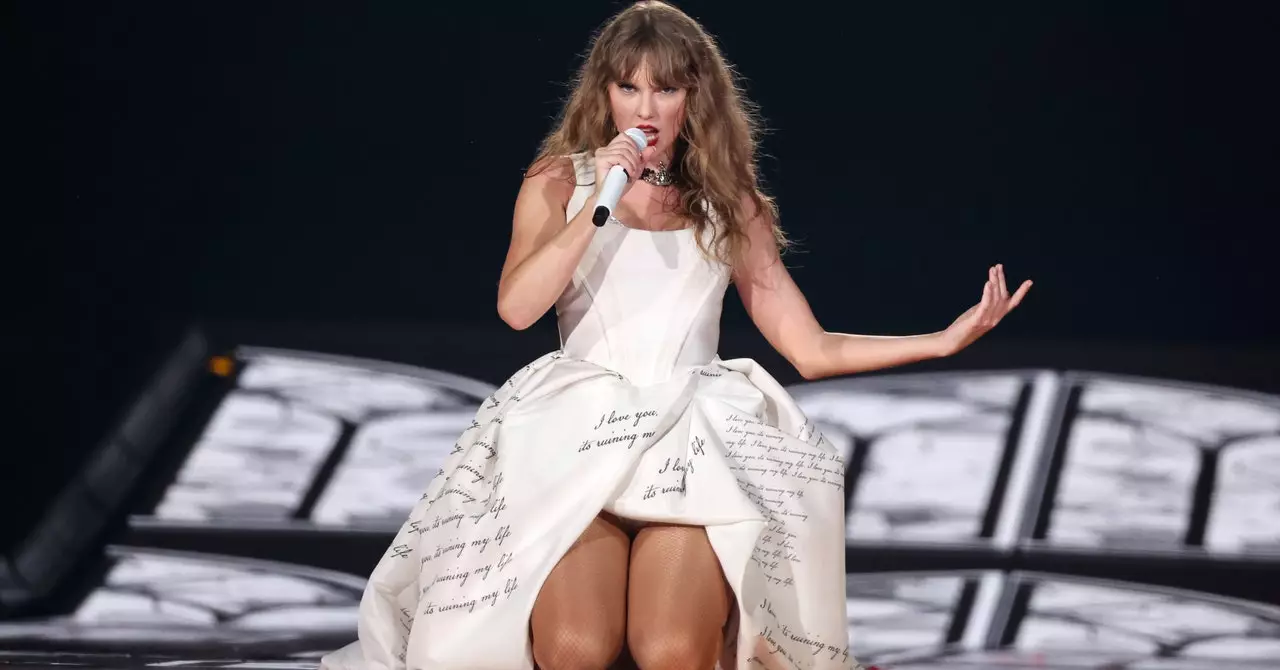The ticketing industry has recently come under intense scrutiny, leading to significant legal and political ramifications. A highly publicized debacle revolving around Ticketmaster and Live Nation sparked a hearing in the US Senate, highlighting concerns about monopolistic practices in the ticket distribution market. With allegations of price inflation and restricted competition, the focus has shifted to how these companies may be infringing upon consumer rights and manipulating the marketplace to their benefit.
Government Intervention and Legal Actions
In May, the US Department of Justice took a bold step by filing an antitrust lawsuit aimed at dismantling the perceived monopoly of Ticketmaster and Live Nation. The allegations suggest the companies have been exploiting their dominance to stifle competition, primarily by entering exclusive agreements with major venues that limit consumer access and inflate prices. Ticketmaster’s response to these claims emphasized the complexities of the live entertainment economy, arguing that attributing high service fees solely to their practices oversimplifies the broader issues within the industry.
This tension between regulatory bodies and industry leaders indicates a growing concern over consumer welfare and fair pricing in the ticketing landscape. Live Nation’s contention that the lawsuit may be more about public relations than substantial legal footing reflects a defensive posture, aiming to minimize the perceived impacts of their pricing strategies.
At the crux of the controversy lies a lawsuit filed by fans of Taylor Swift, which outlines how Ticketmaster allegedly breached contractual obligations and engaged in deceptive practices. The legal complaint suggests that the company failed to deliver on its promise to provide fans with equitable access during presale events. Additionally, it claims that Ticketmaster’s exclusive contracts ensure a monopoly over ticket sales, which allows the company to set prices higher than what might prevail in a truly competitive market.
Moreover, the implications extend beyond simply inconveniencing ticket buyers. This monopoly affects the dynamics of supply and demand in the concert-going experience, making it increasingly challenging for average fans to secure tickets to popular events at reasonable prices.
The recent developments in the ongoing legal saga include a broadened lawsuit that now encompasses fans of various artists, not limited to Taylor Swift. This change underscores the widespread sentiment among concertgoers feeling trapped by Ticketmaster’s practices. Additionally, the introduction of a RICO violation element within the charges signals a more aggressive legal approach aimed at addressing these perceived inequities within the marketplace.
As ticketing issues continue to unfold, it is evident that the debates surrounding pricing, access, and competition will persist. Fans are advocating for not just accountability from ticketing giants but also systemic changes that could pave the way for a more equitable experience in live entertainment.
The evolution of this situation will be critical, as it may set important legal precedents in the realm of antitrust law and consumer protection. As the Senate hearings and legal battles progress, the pursuit for transparency in the ticketing industry will be a litmus test for other sectors grappling with monopolistic practices. The outcome may redefine fan engagement and fundamentally reshape how tickets are sold in the global market moving forward.

